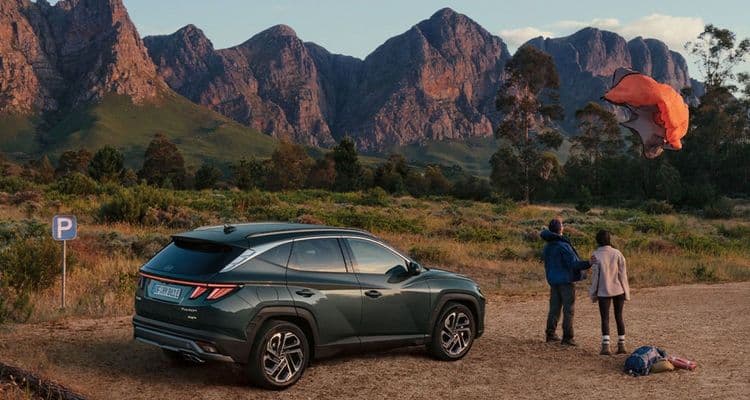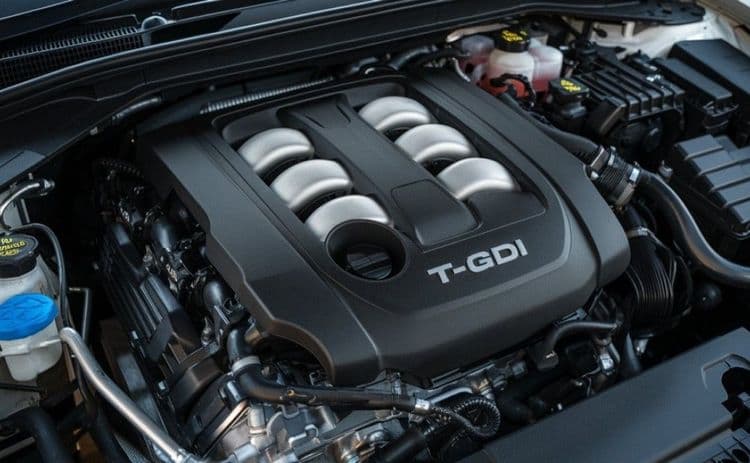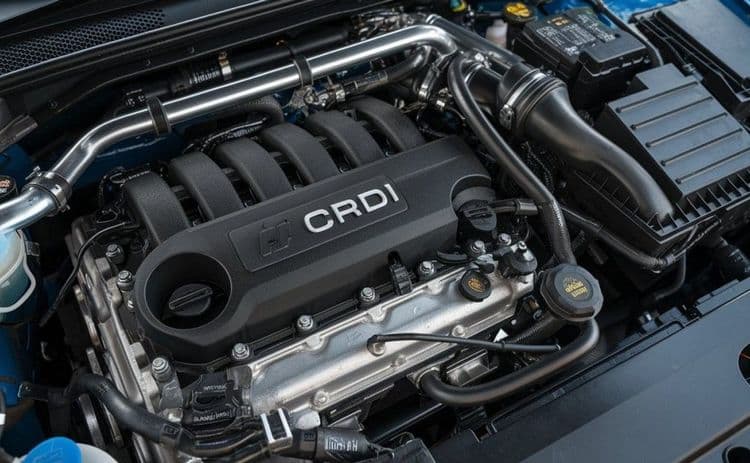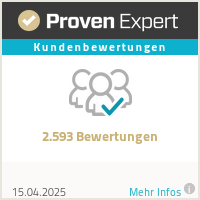
Hyundai TUCSON Select 1.6 T-GDI 118 kW (160 PS): combined energy consumption: 6.8 l/100km; combined CO₂ emissions: 155 g/km; CO₂ class: E. I.
Hyundai TUCSON Select 1.6 T-GDI 118 kW (160 PS): combined energy consumption: 6.8 l/100km; combined CO₂ emissions: 155 g/km; CO₂ class: E. I.
Which one suits you?
The Hyundai TUCSON is the South Korean vehicle manufacturer's most popular model in Germany and recorded almost 5,000 new registrations in 2023. The popular SUV received an impressive facelift in 2024, giving both the exterior design and the interior a new shine. With a variety of powertrain options, including the return of the diesel engine, Hyundai offers a wide choice that makes deciding on the right model no easy task.
Drive variants of the Hyundai TUCSON 2024/2025
The Hyundai TUCSON is a versatile SUV that is equipped with a variety of drive variants to meet the most diverse needs. These range from traditional combustion engines to modern hybrid solutions. These are the different drive variants:
Petrol engine: The TUCSON petrol engine is available in two different versions, both of which use the familiar 1.6 T-GDI with 160 PS¹. Depending on your preference, you can opt for the front-wheel drive or all-wheel drive version, whereby the all-wheel drive TUCSON can only be ordered with an automatic transmission.
Diesel engine: It was originally planned that the facelift of the TUCSON would not have a diesel engine. However, due to high demand, the Hyundai TUCSON Diesel was announced inApril 2024. The diesel SUV from Hyundai is equipped with a 1.6 CRDI engine and automatic transmission, which delivers 136 PS². Here, too, you have the choice between front-wheel drive and all-wheel drive.
Hybrid drive: If you are looking for more power, you should consider the full hybrid of the TUCSON. With 215 PS³, it offers impressive performance and is available in both 2WD and 4WD with the 1.6 T-GDI HEV. The 1.6 T-GDI is supported by a powerful electric motor, which leads to a reduction in pollutant emissions³.
Plug-in hybrid: For environmentally conscious drivers, Hyundai offers the TUCSON PHEV, an SUV that can drive up to 65 kilometres on electric power alone⁴. This model is also equipped with the 1.6 T-GDI petrol engine, which is supported by plug-in hybrid technology.

1.6 T-GDI petrol engine
This petrol engine is nothing new and was launched back in 2011. Since then, the 160 hp¹ engine has undergone numerous revisions and improvements. A solid engine that, with regular oil changes and proper maintenance, is reliable and has no major faults.
1.6 CRDI Diesel
All in all, the 135 hp² diesel engine is also very reliable. Like every engine, it also has some weak points. For example, the timing belt tends to wear out sooner, which is why it should be replaced after around 80,000 kilometres to avoid potential damage. There are reports that the turbocharger can fail at higher mileages, which can lead to a loss of power and increased oil consumption. Nevertheless, this engine is very popular for its reliability and long service life.

What role does the towing capacity play in choosing the right engine?
If you often have to tow trailers with your car, the TUCSON is a good choice. Even with the smallest petrol engine, the TUCSON tends to be powerful enough to tow heavy weights, as the engines have good torque. Nevertheless, the TUCSON diesel with the automatic transmission and all-wheel drive is probably the best option for this particular application. With its 325 Nm², it is definitely best equipped for towing trailers.
Tips for choosing the right motor based on your individual needs
With so many drive options, it is not easy to make the right choice. However, the advantage is that there is a suitable TUCSON with the optimum engine for almost every application.
Those who prefer the tried-and-tested technology of combustion engines can opt for a diesel or petrol engine and for those who want to reduce their CO₂ consumption, there are the advanced hybrid drives.
There are a few simple principles that can simplify your choice:
- Anyone who drives a lot in urban stop-and-go traffic and covers relatively short distances is generally better off with a petrol car.
- The same applies vice versa: if you regularly drive longer distances and are often on the motorway, you should opt for a diesel.
- Although the HEV and PHEV versions of the TUCSON are more expensive than the pure combustion models, the hybrid SUVs will save you considerable fuel costs in the long term. HEV models consume an average of 20 % to 35 % less fuel, and PHEV models can even save 50 % to 70 % fuel in urban traffic. The higher purchase costs could therefore pay off over time.
Conclusion: Which motor could suit you best?
The Hyundai TUCSON is Hyundai's most popular model for good reason. Regardless of the engine, the vehicle impresses with its unique design, both on the outside and in the interior. But which drive variant suits you best? In 2024, the Hyundai TUCSON offers a wide range of options, from efficient petrol and powerful diesel to modern hybrid and plug-in hybrid versions. It all depends on what you expect from your vehicle and how you want to use it. If you do a lot of city driving and short journeys, the hybrid could be the right choice. For long motorway journeys, the diesel offers strong performance with high efficiency². If you value maximum environmental friendliness, the plug-in hybrid is ideal, as it can also cover short distances purely electrically⁴.
Half and annual cars
Everything under one roof
35 years of experience
Um diesen Inhalt anzeigen zu können, ist Ihre Zustimmung erforderlich.
1 Hyundai TUCSON Select 1.6 T-GDI 118 kW (160 PS): Energieverbrauch kombiniert: 6,8 l/100km; CO₂-Emissionen kombiniert: 155 g/km; CO₂-Klasse: EI..
2 Hyundai TUCSON Select 1.6 CRDI Frontantrieb 100 kW (136 PS): Energieverbrauch kombiniert: 5,3 - 5,5 l/100km; CO₂-Emissionen kombiniert: 144 g/km; CO₂-Klasse: EI..
3 Hyundai TUCSON Select 1.6 T-GDI Hybrid Frontantrieb 158 kW (215 PS): Energieverbrauch kombiniert: 5,7 l/100 km; CO₂-Emissionen kombiniert: 129 g/km; CO₂-Klasse: DI..
4 Hyundai TUCSON Select Plug-in-Hybrid 1.6 T-GDI 185kW (252 PS): Energieverbrauch kombiniert/gewichtet: 1,0 l/100 km plus 17,5 kWh/100 km; CO₂-Emissionen kombiniert/gewichtet: 22 g/km; CO₂-Klasse: B; Energieverbrauch bei entladener Batterie kombiniert: 6,2 l/100 km; CO₂-Emissionen bei entladener Batterie kombiniert/gewichtet: 141g/km; CO₂-Klasse bei entladener Batterie: EI..
© 2026 CSB Schimmel Automobile GmbH. All rights reserved.

Die Setzung einiger Cookies ist zwingend erforderlich. Für bestimmte Dienste benötigen wir Ihre Einwilligung.
Durch den Klick auf „Alle Cookies akzeptieren“, willigen Sie (jederzeit für die Zukunft widerruflich) in alle Datenverarbeitungen (Setzung von Cookies und Übermittlung der IP-Adresse an Partner) ein.
Durch den Klick „ Alle optionalen Cookies ablehnen“ werden alle nicht zwingend notwendigen Cookies nicht gesetzt und Verbindungen unterbunden. Die Nutzung unserer Webseite ist dann stark eingeschränkt.
Durch den Klick auf „ Lassen Sie mich wählen“ können Einstellungen geändert und der Datenverarbeitung eingewilligt werden. Ihre Auswahl kann jederzeit angepasst werden.
Hinweis auf Verarbeitung der Daten in den USA (z.B. durch Google, Facebook, Youtube): Durch den Klick auf „Alle Cookies akzeptieren" oder bei der entsprechenden Auswahl eines Anbieters, willigen Sie zugleich darin ein, dass Ihre Daten in den USA verarbeitet werden. Die USA wird als ein Land mit einem nicht ausreichenden Datenschutzniveau angesehen. Es besteht u.a. das Risiko, dass Ihre Daten durch US-Behörden, zu Kontroll- und zu Überwachungszwecken, möglicherweise auch ohne Rechtsbehelfsmöglichkeiten, verarbeitet werden können. Bei dem Klick auf „Alle optionalen Cookies ablehnen“, findet keine Datenübermittlung statt.
Weitere Informationen finden Sie unter Datenschutz. Zum Impressum.













